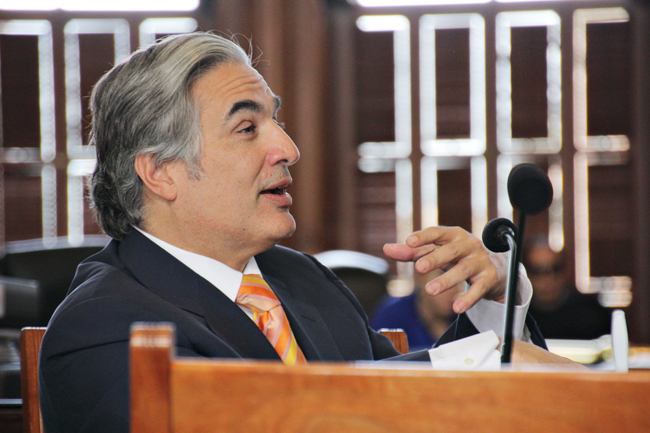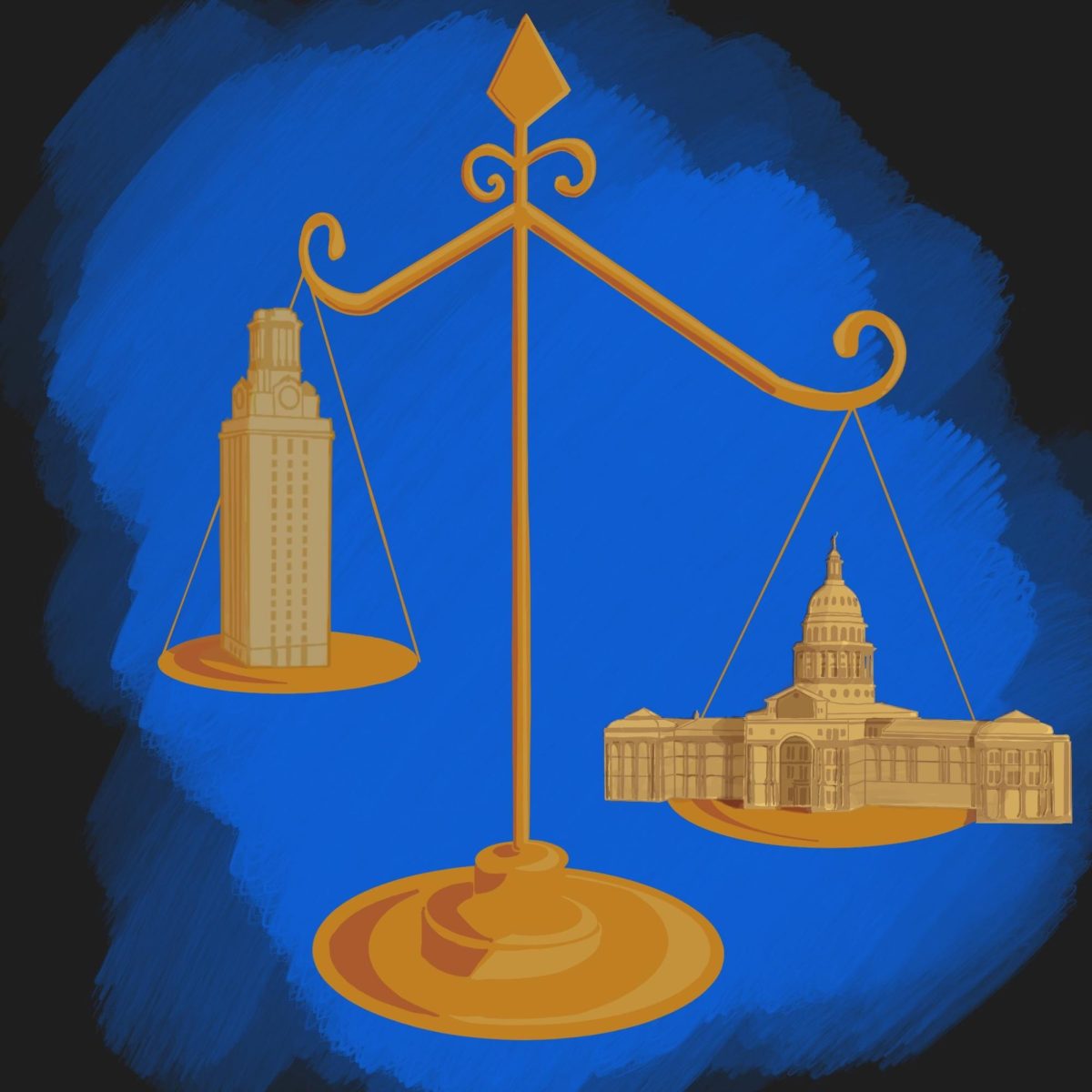While Texas prides itself on having veteran-friendly universities, colleges across the state are finding it more difficult to continue funding state education benefits offered to veterans and their families.
The Senate Committee of Veteran Affairs and Military Installations held a public hearing Wednesday afternoon to discuss funding problems and the future of the Hazlewood Act and other benefits.
The Hazlewood Act is a benefit offered to qualifying Texas veterans and their families that allows them up to 150 hours of tuition exemption at public institutions of higher education in Texas. A change to the Hazlewood Act in 2009 allows veterans to assign unused hours of exemption to their children. Called the Legacy Act, this amendment allows the children of veterans the opportunity to claim educational funding even if they are no longer considered dependents. Texas has the second highest number of veterans in any state, and the number of families benefiting from Hazlewood has grown from 43,000 to 76,000 in the past four years.
Amy Yoder, a UT-San Antonio graduate student, spoke at the hearing and said her father’s military service has inspired her to further her education following the completion of her bachelor’s degree.
“Because of my father’s service and the impact it had on me personally, I decided to give back to veterans and pursue a master’s degree in counseling veterans,” Yoder said.
Chancellors of Texas public universities were all given an opportunity to express how the recent influx of claimed benefits is affecting their university’s funding. Universities are currently experiencing the highest acceptance rate of Hazlewood benefited students since the act’s introduction.
UT System Chancellor Francisco Cigarroa said while the System aims to always offer veterans educational funding, full funding grows more difficult.
“All of our academic communities offer extensive veteran services of some kind, from tutoring to counseling,” Cigarroa said.
Kent Hance, chancellor of the Texas Tech University System, said support of the Hazlewood Act is not enough to keep funding it.
“The issue comes up when we try and offer [veterans] the funding we want to,” Hance said. “We’ve gone from $1 million in benefits in 2010 to $9.3 million in 2012.”
Sen. Leticia Van de Putte, D-San Antonio and committee chairwoman, also used the hearing as an opportunity to discuss the veteran employment rate at Texas universities.
“I have to tell you in looking at how many veterans work in our university systems, it’s not good,” Van de Putte said. “All systems have under .2 percent veterans employed. If we don’t represent our veterans then we’re not representing the population of this state.”
Published on March 7, 2013 as "UT struggles to support veterans financially".




















